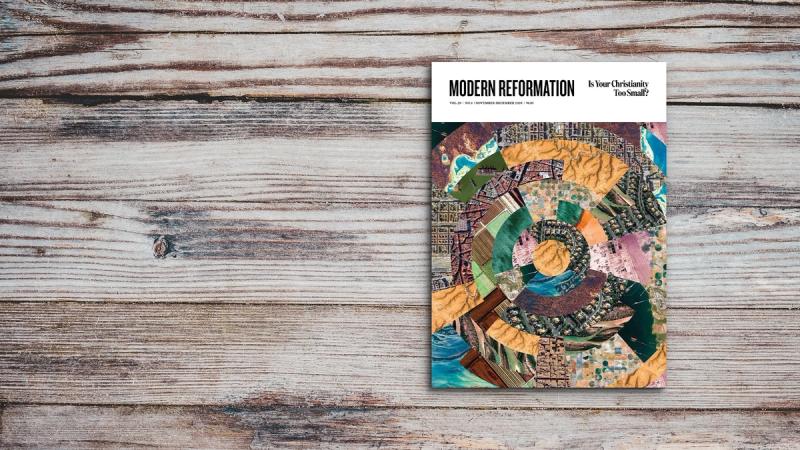In the early 1970s, farm activist Jim Hightower warned of “the McDonaldization of America.” In Eat Your Heart Out (1975), he argued that “bigger is not better” and that major fast-food chains were creating a dangerous homogenous pattern of consumption. This would not only destroy smaller farms but would also leave the nation nutritionally starved. According to Eric Schlosser’s Fast Food Nation, these predictions had already come true by 2001. As he documents, only a generation ago the United States spent three-quarters of its food expenses on home-cooked meals, while today half is spent on restaurants and mostly fast-food chains. While McDonald’s had 1,000 restaurants in 1968, by 2001 it had about 30,000, adding 2,000 each year. From various studies, Schlosser indicates that the famous Golden Arches are now known better than the Christian cross. Increasingly, we are coming to realize that the myriad effects of our fast-food society are producing widespread health risks, especially to our children.
Yet in spite of our daily habits of consumption, we still know the difference when we sit down to a nice dinner with friends. I’ll never forget a dinner in Nicaragua years ago, when a pastor and his wife prepared a feast for us. A local lobster fisherman, the pastor brought home the makings of a spectacular meal from his catch that day. As the lobster roasted over a grate on top of a tire, a pig scurried beneath our feet on the mud floor. We prayed, laughed, and shared our lives as we dined. Although we struggled to understand each other’s language, and this was the first time I had ever met this family, I felt closer to them than my next-door neighbors. Ironically, the strangeness of the local setting—sharply contrasted with the banal familiarity of a McDonalds in Moscow, Nairobi, or my hometown—was no match for the affinity of belonging to the same family of Christ.
We enter God’s sanctuary as those who are summoned. He knows us by name. Through the lips of the minister, Christ announces his commands, which we know we have failed to keep. Together, we confess that we all like sheep have gone astray, and together we confess our faith in God’s good news. And then God ratifies his promise to us in the Supper. Although God promises us his entire estate as coheirs with his Son in the new creation, we are like the entitled guests in Jesus’ parable of the wedding feast: too busy with our urgent trivialities to be bothered with the gala God has prepared for us (Luke 14:12–24). Christ is the gift who keeps on giving; and as our churches become more centered on the message and methods he has ordained for his gift-giving, we will doubtless find a table spread in the wilderness. A feast in a fast-food world.
Michael Horton is editor-in-chief of Modern Reformation and the J. Gresham Machen Professor of Systematic Theology and Apologetics at Westminster Seminary California in Escondido.






